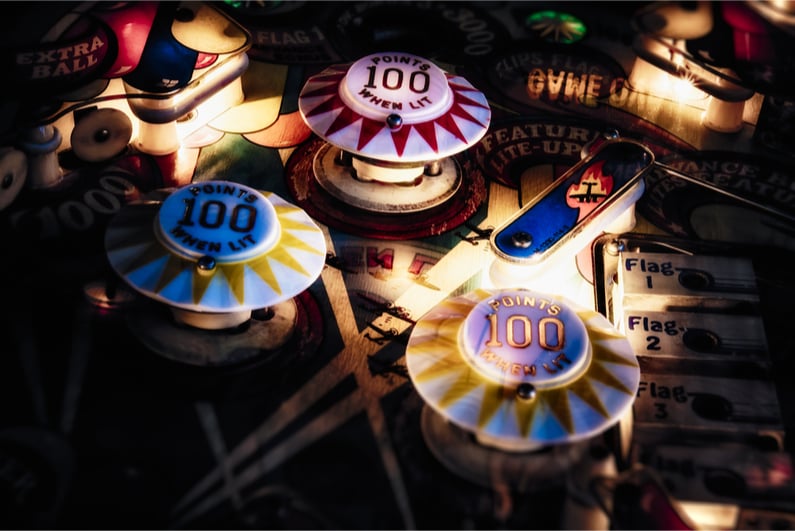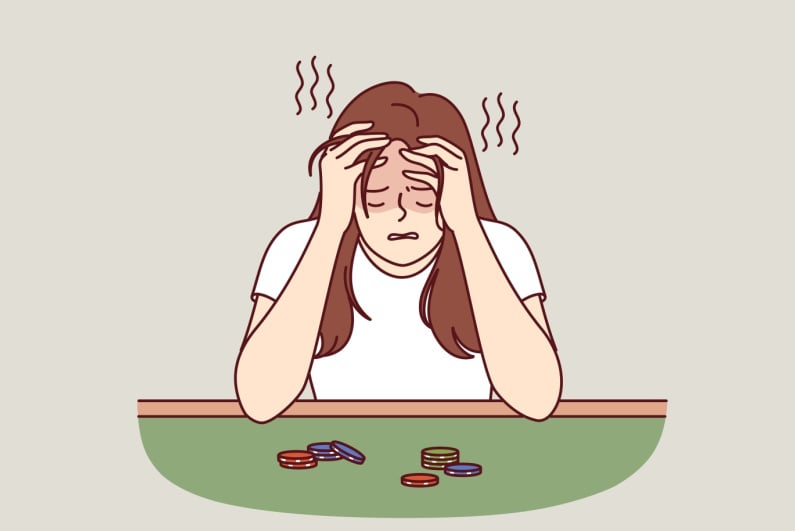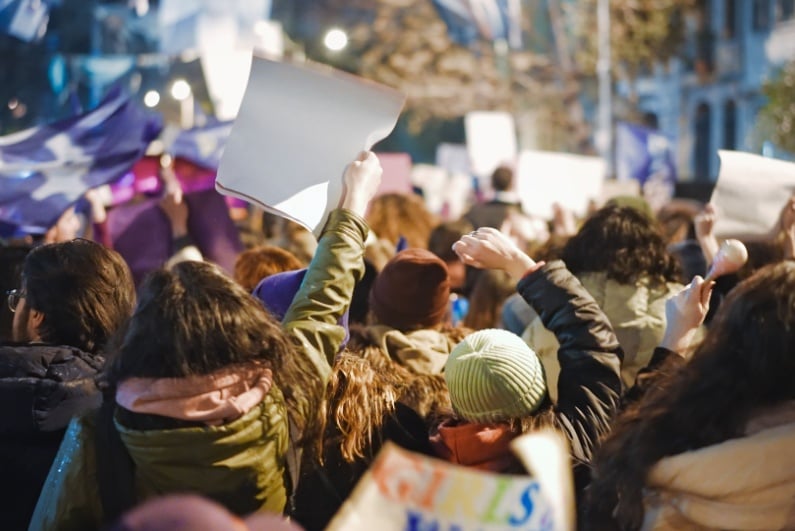Ever since the election earlier this year, Italy’s gambling industry has been on the firing line.
Last week, plans that were announced during the election campaign were put into action, and the government banned advertising for gambling companies in the country.
Now it seems as though Deputy Prime Minister Luigi Di Maio wants to go even further. According to a tweet he made after the Senate passed the recent Dignity Decree, he argued that his government wanted to replace “slots with pinball machines, which harm no-one. Raise your hand if you agree.”
It’s not the news that the industry had hoped for. Gambling companies have outspokenly opposed the decree, with some leading companies even saying they may withdraw from the country entirely, but that didn’t stop it from being pushed forward.
Gambling and betting companies are now considering what their next move should be to remain operational in the country, and they are waiting to learn whether or not their sports sponsorship contracts will still be valid for their initial terms.
Italy and the ‘Dignity Decree’
The Lega-5Star coalition has voted in favor of its flagship policy to impose a blanket ban on all gambling/betting advertising and sponsorship in the country. The coalition passed the proposal with 155 votes in favor and 125 against. Under the new law, gambling products cannot be advertised on the TV, radio, or internet. Gambling companies will no longer be able to sponsor teams, but the state-run national lottery will still be able to do so. The ban throws into question deals such as one made last month between Betway and AS Roma whereby the company agreed to sponsor the team for the next three years.
Now, however, the coalition has put forward new topics for the Senate to consider, potentially taking the ban even further. They include:
- Introduction of new tech-driven interventions to prevent and combat effects of pathological gambling (time and stake limits, stake reduction, harm identification tools)
- Reduction of the number of gambling venues to half of the current level
- Increasing local police powers to combat illegal gambling
- Linking efforts in compliance, anti- Mafia, AML, tax audits, and continuous monitoring of IT systems
- Increasing education and promoting awareness of the real chance of winning and the risks associated with losing and setting up a schools program to demonstrate responsible play
- Maintaining low stakes and prizes gaming by removing some bank denomination from AWPs and limiting VLTs to €100 maximum; excluding electronic payment mechanisms from machines
- Introducing maximum session limits to combat money laundering
Facebook and Google are complying
As early as mid-July, companies starting adjusting their advertising policies in Italy before the advertising ban had even been passed. Google AdWords has prohibited Italy-facing advertising of gambling-related websites and content, even though the so-called Dignity Decree will not come fully into effect until January 1, 2019. Facebook followed suit, adding the following wording into its advertising terms and conditions for those wishing to advertise to an Italy-based audience: “Adverts that promote or facilitate online real money gambling, real money games of skill or real money lotteries, including online real money casinos, sports books, bingo or poker, are only allowed with prior written permission.”
Big players looking to leave
The chief executive of Paddy Power Betfair, Peter Jackson, has spoken of the company’s possible withdrawal from the Italian market because of the ban. When unveiling the company’s half-year results last week, he said PPB was aiming to achieve a top position in every regulated market and discussed the prospect of growing through mergers and acquisitions to achieve this.
He added, “As a last resort, if you couldn’t make any of those things happen, then you might choose to exit the market.” The firm entered the Italian market in 2012 but struggled to establish itself initially. “It’s quite tough in Italy when you can’t advertise to grow,” Jackson said. That statement led analysts to suspect that the company would need to use acquisitions as a way to grow in the increasingly challenging Italian market. The company now trades as Betfair in the country and has a sponsorship deal with Juventus, one of Italy’s leading football teams. In light of the new regulations, it is likely that this deal will no longer be workable come January.
Punters may go elsewhere
The European Gaming and Betting Association and La Lega Operatori di Gioco made public statements condemning the legislation. Both organizations have said that they are concerned players will move towards unregulated suppliers once the ban comes into effect. “A ban will push more consumers to unregulated websites that do not protect them. Without advertising, black market gambling will only increase. It will increase because Italian consumers will not be informed or directed to those websites that are licensed in Italy and away from those that are not.”
The ban has gained attention on social media too, with Nick Jones of Poker Industry Pro saying that the ban will not only impact on gambling and betting operators but also on the wide range of platforms that previously supported advertising from said companies, including newspapers. He also raised concerns that players would move towards black market platforms due to the lack of advertising to legitimize companies.



